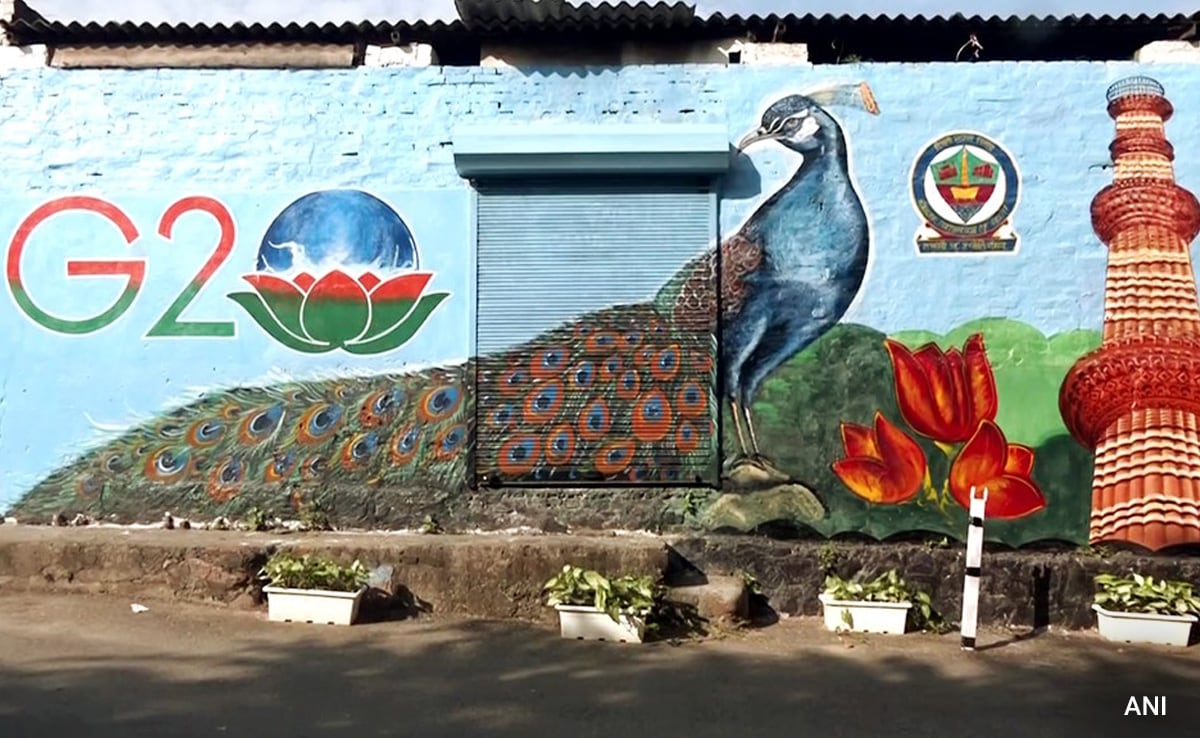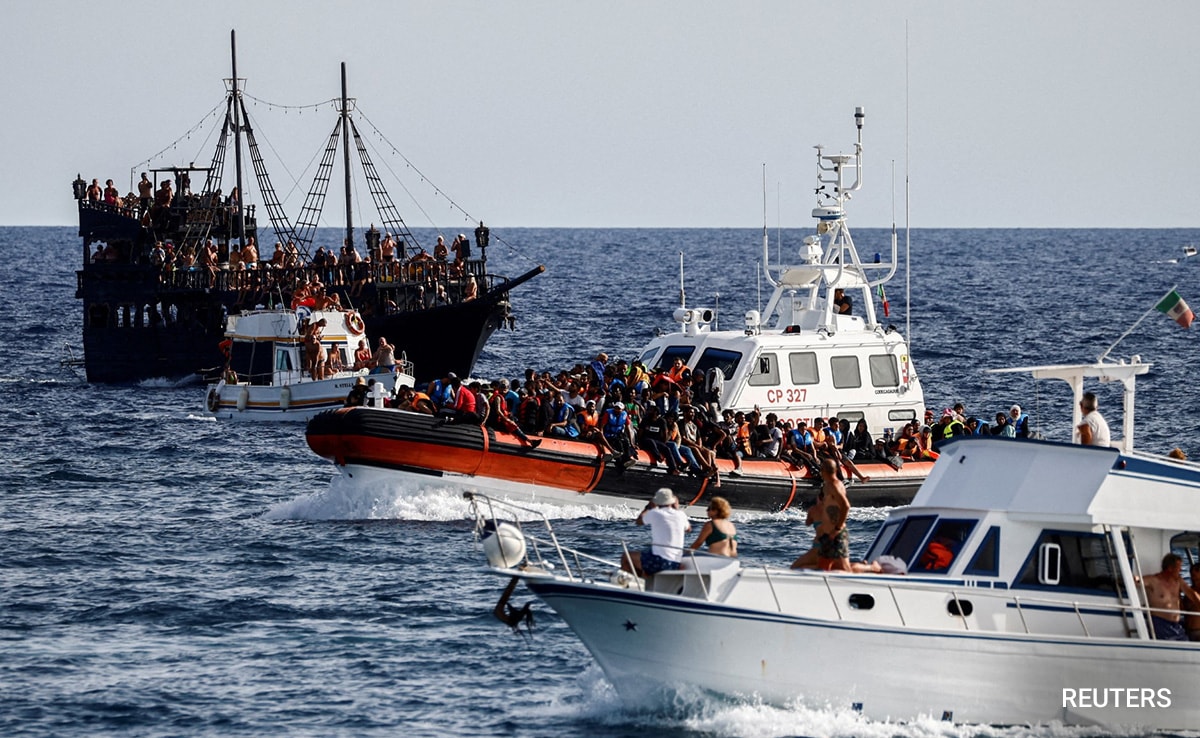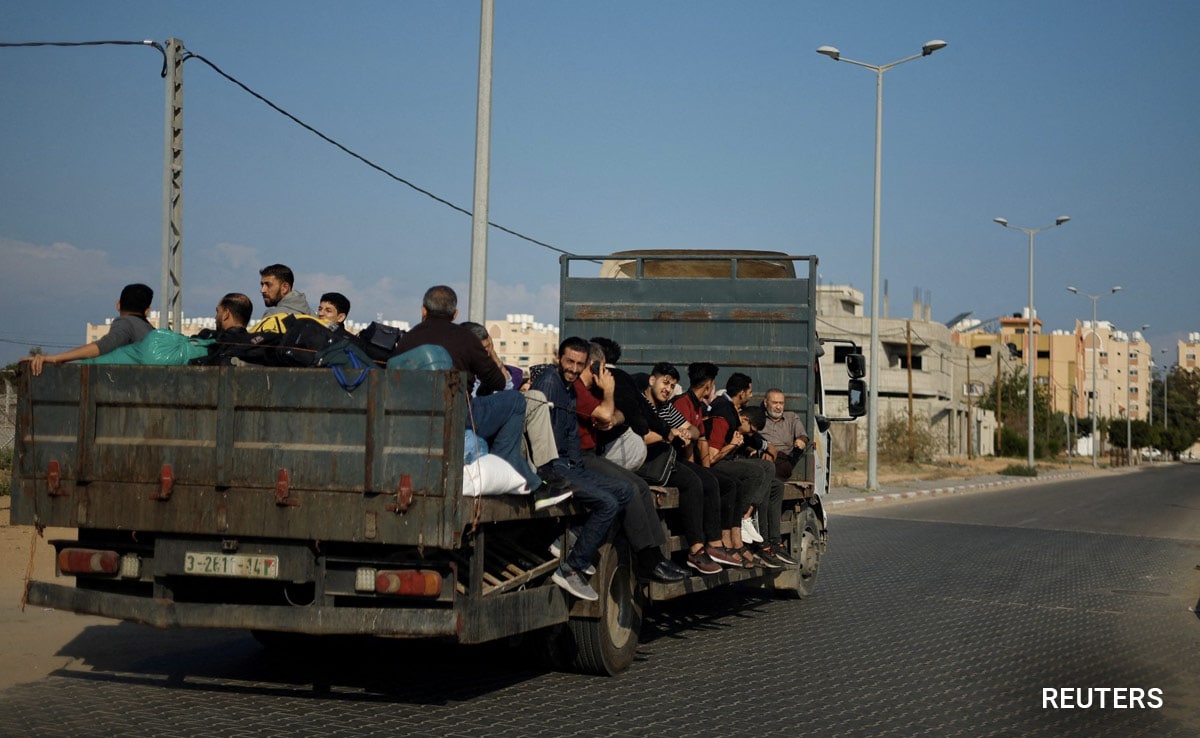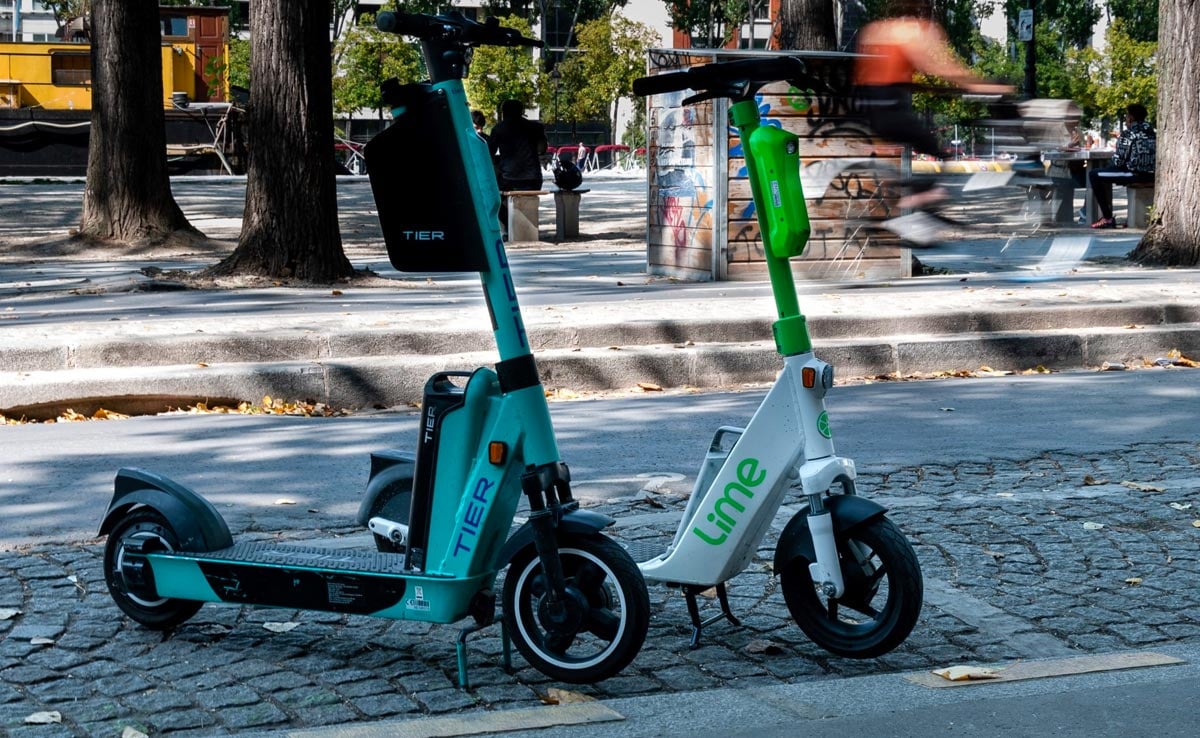European Commission President Ursula von der Leyen delivers the State of the European Union address to the European Parliament, in Strasbourg, France, September 13, 2023
| Photo Credit: Reuters
The European Union’s chief executive said Wednesday that her services will launch a major series of policy reviews to ensure that the 27-nation bloc can still function properly as it invites in new members in coming years.
European Commission President Ursula von der Leyen said that the EU must prepare to grow to more than 30 members. Ukraine, Moldova and countries in the Western Balkans are among those in line.
Even at 27 strong, the world’s biggest trading bloc finds it difficult to make some decisions, particularly those requiring unanimous agreement. Hungary and Poland, notably, have come under fire from Brussels for democratic backsliding and they’ve routinely voted against foreign policy and migration decisions.
Still, pressure is mounting for Europe to open its doors. Concerns have been raised about Russia’s influence in the Western Balkans, particularly in Serbia and Bosnia. Some countries in the region have waited for years to join and have sometimes seen progress in their membership quest stymied.
“History is now calling us to work on completing our union,” Ms. von der Leyen told EU lawmakers in Strasbourg, France. “In a world where size and weight matters, it is clearly in Europe’s strategic interest.”
At the same time, she said, “we need to look closer at each policy and see how they would be affected.” Ms. Von der Leyen said the commission’s reviews will examine how each policy sector in areas like the economy, energy, agriculture or migration would need to be adapted in the event of expansion.
“We will need to think about how our institutions would work — how the (EU) parliament and the commission would look. We need to discuss the future of our budget — in terms of what it finances, how it finances it, and how it is financed,” she said.
European Commission President Ursula von der Leyen delivers the State of the European Union address to the European Parliament, in Strasbourg, France, September 13, 2023.
| Photo Credit:
Reuters
European Council President Charles Michel, who chairs summits of EU leaders, believes that new countries should be welcomed in by 2030. On Monday, the presidents of Serbia, Kosovo, Bosnia, Montenegro, North Macedonia and Albania also said that enlargement should happen “not later than 2030.”
Membership was vital “in view of the continued Russian aggression against Ukraine and its spillover effect” in the region, they said.
But Ms. von der Leyen insisted that “accession is merit-based,” and that the progress these countries make in aligning their laws with EU rules and standards should dictate the pace of membership, rather than some arbitrary deadline.
Ukraine and Moldova were officially granted EU candidate status earlier this year — an unusually rapid decision for the EU and its go-slow approach to expansion, prompted by the war in Ukraine.
At the same time, the EU’s leaders also agreed to recognize a “European perspective” for another former Soviet republic, Georgia.
Serbia and Montenegro were the first Western Balkan countries to launch membership negotiations. followed by Albania and Macedonia last year, Bosnia and Kosovo have only begun the first step of the integration process.
Ms. von der Leyen did not explicitly mention Turkey, whose membership talks started 18 years ago but are at a virtual standstill.


